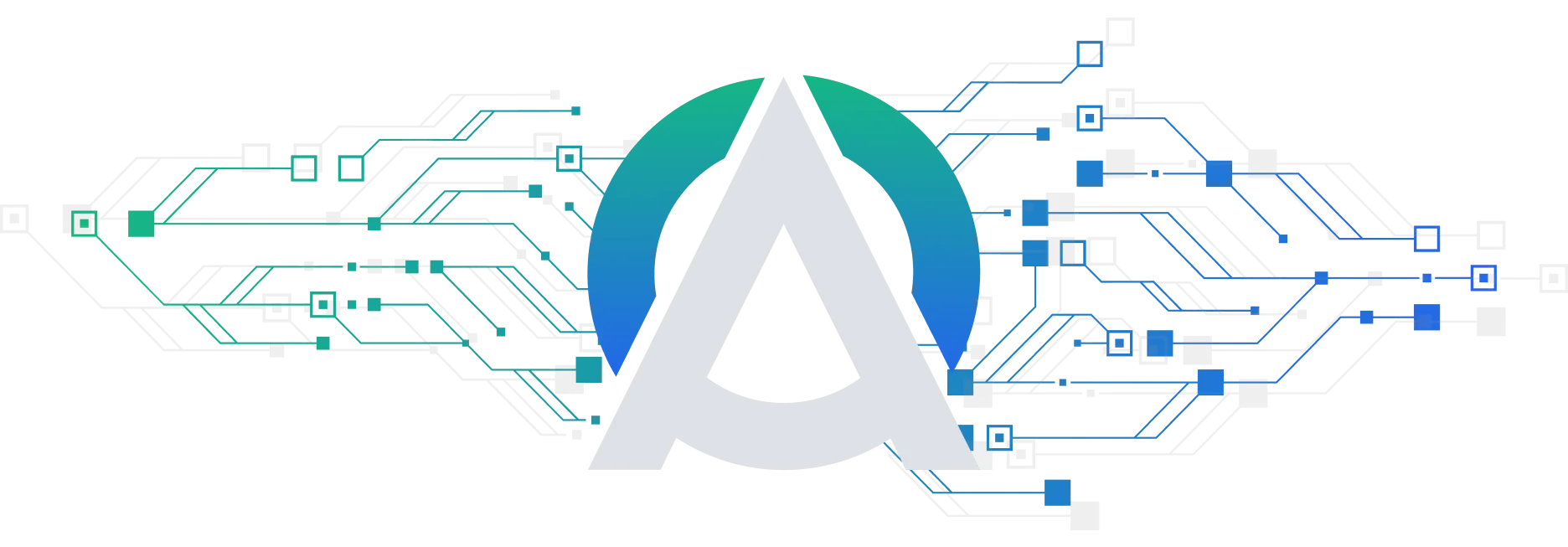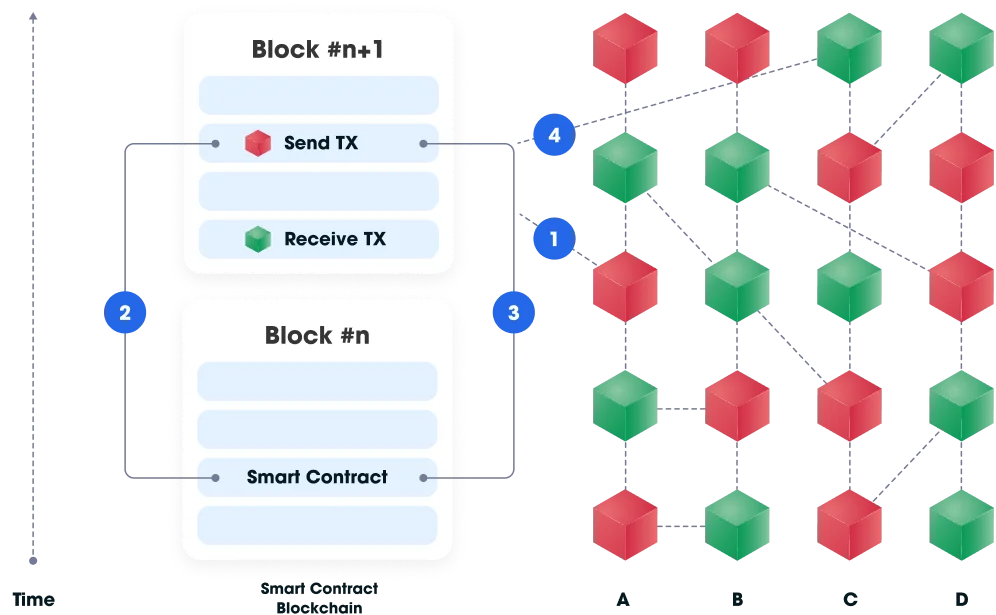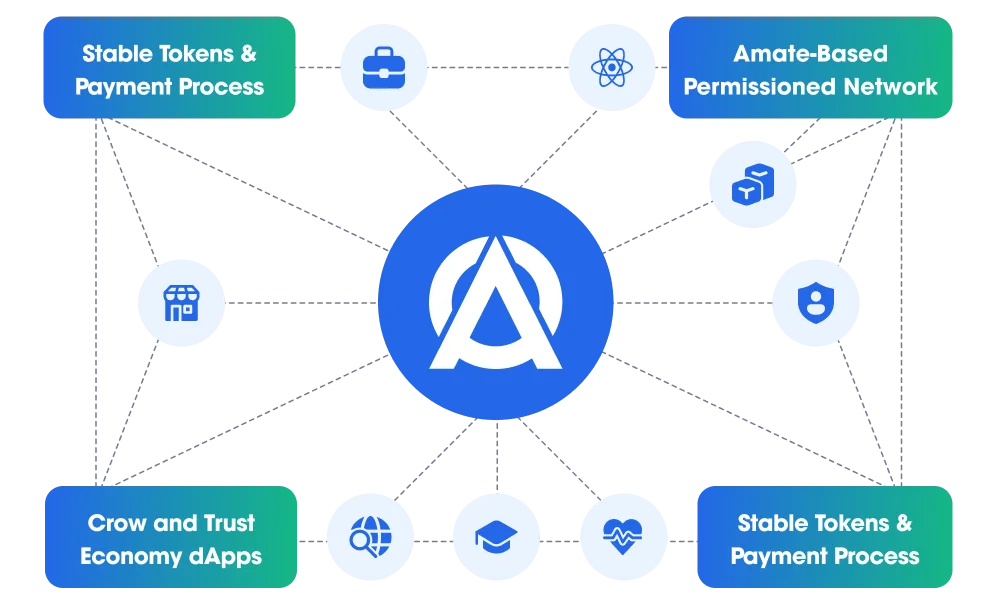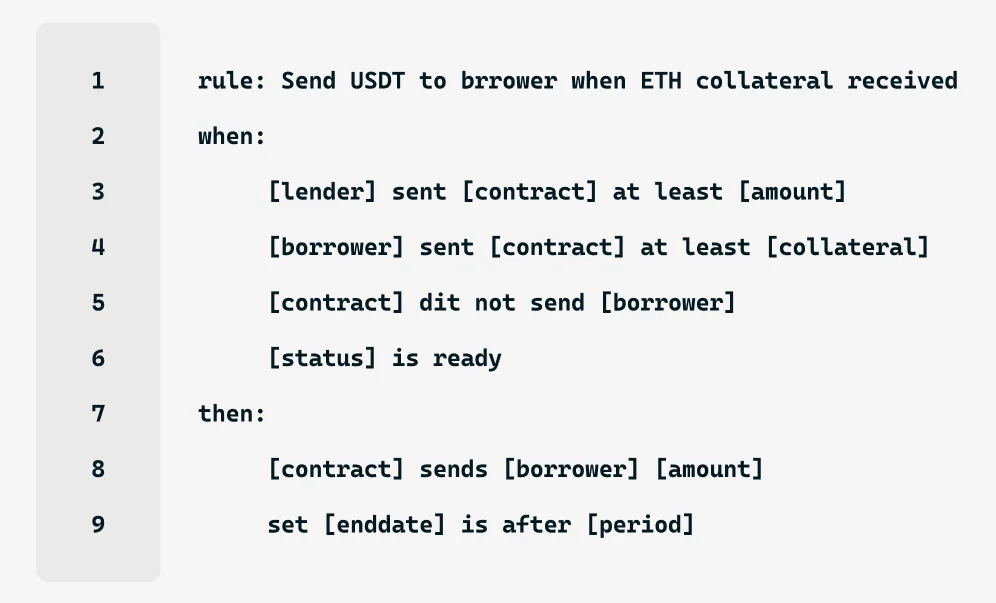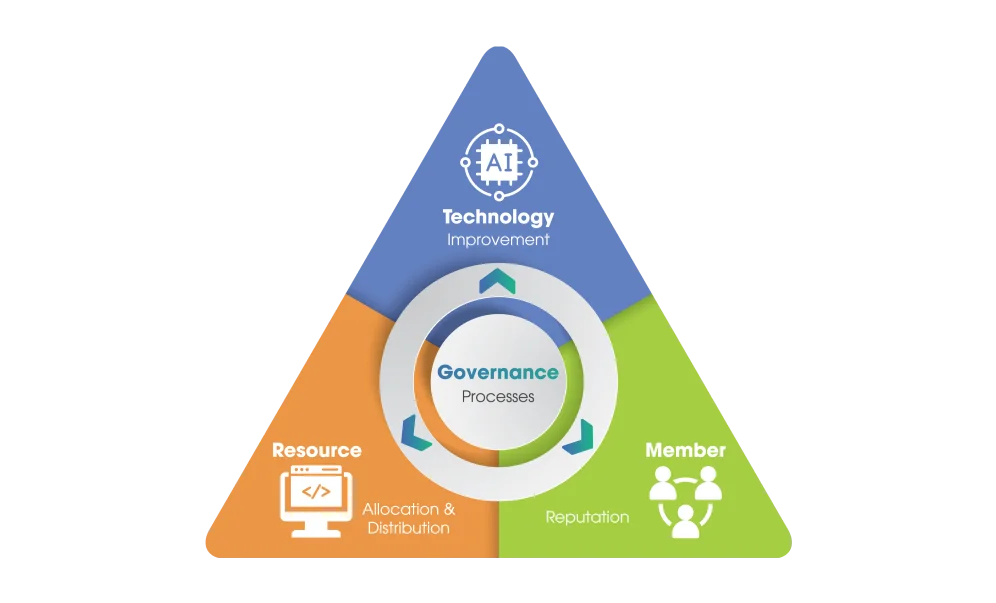
Amate Solution
Highlight Features
Agreement mechanism
Enhanced Consensus Protocol

Enhanced pBFT Algorithm
In pBFT, selected consensus nodes are ordered and stored as a string, with one designated as the primary node and the rest as the community. Each pBFT cycle consists of three phases: Pre-prepare phase, Prepare phase, Commit, phase.

Improve the Efficiency of Voting Process
Amate enhances efficiency by replacing MAC with digital signatures to lower communication complexity and adopting BLS signatures for constant-size multi-signatures and streamlined verification, supporting scalable and flexible consensus in large networks.

Replacing Primary Node
Amate periodically changes primary nodes through a POW-1 test, allowing new nodes to become primary. It also supports multiple concurrent representative groups.

Representative Group Directory
In order to coordinate the operation of the system and to agree on state of the platform, Amate has group of representative nodes that perform transactions validation. Members of these groups are selected from nodes in the entire platform with specific criteria.
Introduction Amate
Innovative Multi-Chain Solution
Amate is the paper that used by ancient Mayans to record their codices which told later generations about Mayan high civilization. Naming after Mayans paper, Amate is expected to be blockchain “paper” to record a new civilization of humanity, the civilization of an automation society
